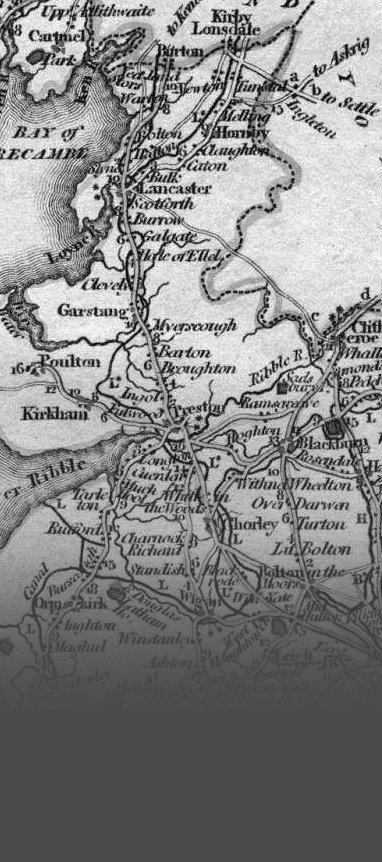

WILLS, FAMILIES, AND A CONFLICT IN STOCKPORT, 1606-1618
21st March 2018
The will making process is supposed to prepare the will maker and that testator’s family for the family’s passage from one generation to another. The biblical episode (II Kings 20, v1) of good King Hezekiah who fearing death put his house in order (made his will) and was then spared by the Lord, was an incentive, and a tale retold frequently in Stockport between 1620 and 1650 (see Volume 131), and widely in early-modern England in wills. As historians know to their cost, not everyone followed Hezekiah! And when they did, not every will was a success. Here is an example from the collection of Stockport probate records 1578-1619 which the Society published in 1984 (as volume 124, with me as a joint editor with the late J. H. Smith, to which page references are given).
When in June 1618 the wealthy widow Jane Robinson made her will she allowed her sister Margerie Hardman for Margerie’s life the right to sleep on a chaffe bed, “whereupon she usually lyeth”, and she gave her sister 20s which Jane’s executors were to pay her for her relief as they thought fit (p. 117).
When Margerie’s first husband, James Tellier (or Taylor) died in 1606 he was a man of modest substance, with land to lease and to work, some gold and silver pieces and money to lend, and a good stock in trade as a cutler. His estate was worth overall £122 (pp. 44-7). How was his widow reduced to begging a bed from her sister a dozen years later?
James left his estate to his wife and son James, and appointed his brother in law John Robinson as his executor, and John proved the will. If Margerie and James died, then the estate was to go to the children of John Robinson. Margerie remarried a Robert Hardman (or Haldman), and her new husband and his wife sued Robinson over his administration of the estate (p. 47). John Robinson died in 1617 and when he made his will he claimed that James Tellier’s estate was wasted in lawsuits brought by the Hardmans against him (p. 103). Is this litigation why, a year later, Margerie was camped out with her sister? Margerie was not described as a widow in 1618, and there was a Robert Hardman living in Stockport in 1619, so had her second husband thrown her out?
There is lots to follow up from this tale (perhaps already done by historians of these families), including some missing genealogy. Presumably John Robinson won his case in the church courts, so the Hardmans went to common law (p.117). John Robinson offered no clue as to which court: one of the Palatinate of Chester courts, or a national law court perhaps? What details might await the enquirer there?
The family is generally regarded by historians as a pillar of society, but here is a corrective to that generalisation, the breakdown of a relationship leading to costly and ultimately exhausting litigation.
C. B. Phillips